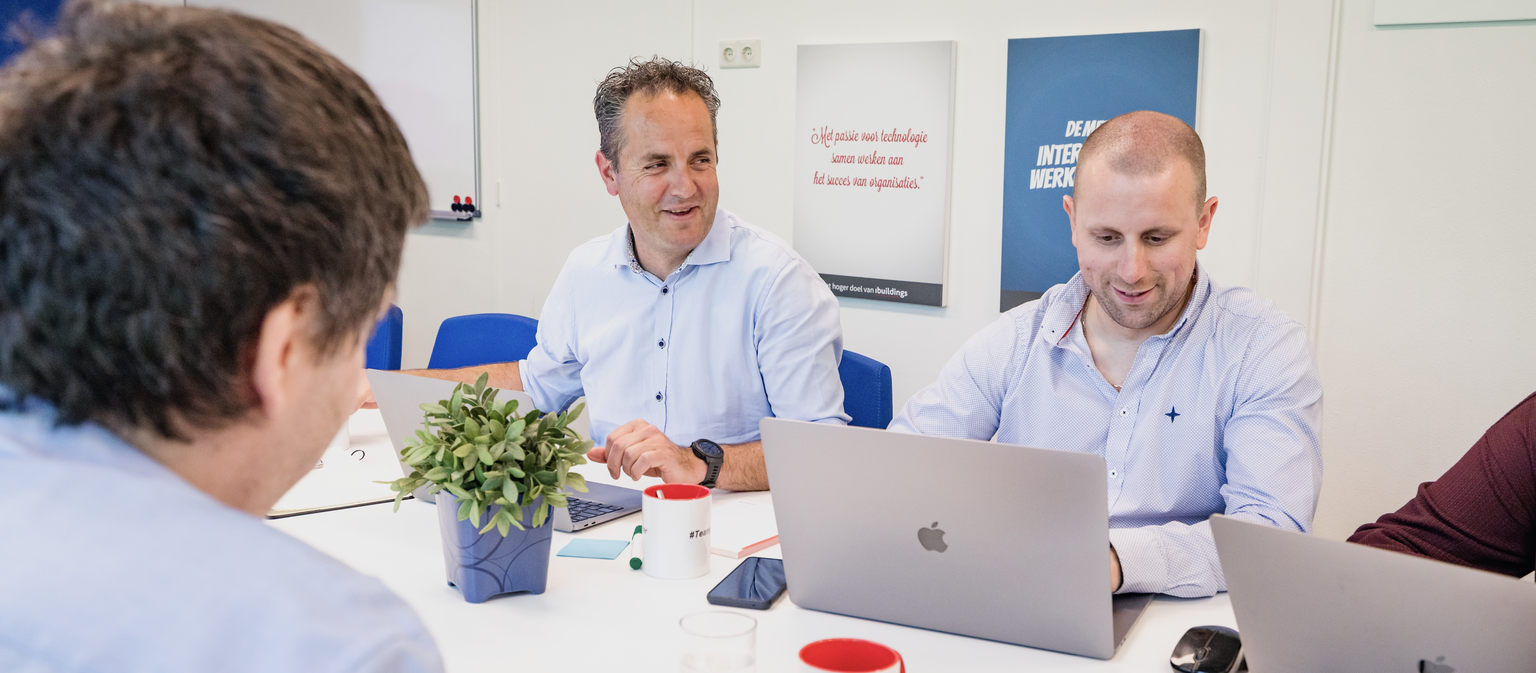What is a PHP framework
A PHP framework is an environment on which a PHP web application can be built. The PHP framework provides libraries of code for commonly used features, reducing the developer's time spent developing the code.


About 78% of all websites use PHP technology. This means that 8 out of 10 people have a web application developed using PHP. No wonder parties like Yahoo, Facebook, Tumblr and Wikipedia have become big with PHP.
Since the founding of Ibuildings in 1999, we have embraced PHP and it is an integral part of our modern software stack.
For modern custom web applications it is true that almost never ‘from scratch’ is developed, but a base is chosen on which to continue developing. This basis is often a PHP framework or a CMS such as Drupal.
A PHP framework provides developers with a set of tools to provide functionality that many web applications require. For example, routing, which allows the application to determine which pages are displayed at which URL. Or, for example, functions related to login that are offered by the PHP framework. By using built-in functions a developer needs to develop less code. This speeds up the development process in a safe and manageable way.
Quite a few different PHP frameworks have been developed over the years. The most widely used PHP frameworks are Laravel and Symfony. In addition, there are numerous other PHP Frameworks such as Codelgniter, CakePHP and Phalcon. The choice to use a PHP framework depends on several factors: the type of project, business standards and the functionalities to be developed.
Of course, many companies choose the PHP frameworks Laravel and Symfony when developing a [web application](/services/web application development/) for a reason. Ibuildings uses both the Symfony and the Laravel Framework.
Which variant is deployed depends on the characteristics of the project. Think of the lead time of the development, how long the application needs to last, which specific functionalities need to be developed and how far they deviate from the standard.
The difference between Symfony PHP and Laravel PHP is that the Laravel PHP framework, among other things, already has a full login environment ‘at the push of a button’. In it, users can change their name and password, manage 2fa, and even generate access tokens for use in APIs. Several Laravel CMS environments are also available to facilitate complex development projects. In contrast, the Symfony PHP framework takes a minimalist approach, providing the handles for setting up an account management environment, but the developers still have to build it themselves.
This difference in approach is called opinionated vs non-opinionated. An opinionated PHP framework such as Laravel is designed entirely based on the best practices of the framework’s programmers. This framework already makes architectural technical assumptions about how the application is set up and how the application should be set up. As a result, many functions can be delivered as standard.
With the non-opinionated approach of the Symfony PHP framework developers are completely free to build the application the way they think it is good, without having to work around the framework’s solutions.
Ibuildings has been using PHP as a permanent part of the tech stack since day one. We believe in this proven open source technology and deploy it for the development of a [custom application](/services/web application development/), [mobile app](/services/mobile app development/), [API](/services/api back-end development/), [website or headless CMS solution](/services/website development/).
As true PHP experts, we are also committed to the PHP Community with our annual Dutch PHP Conference.
